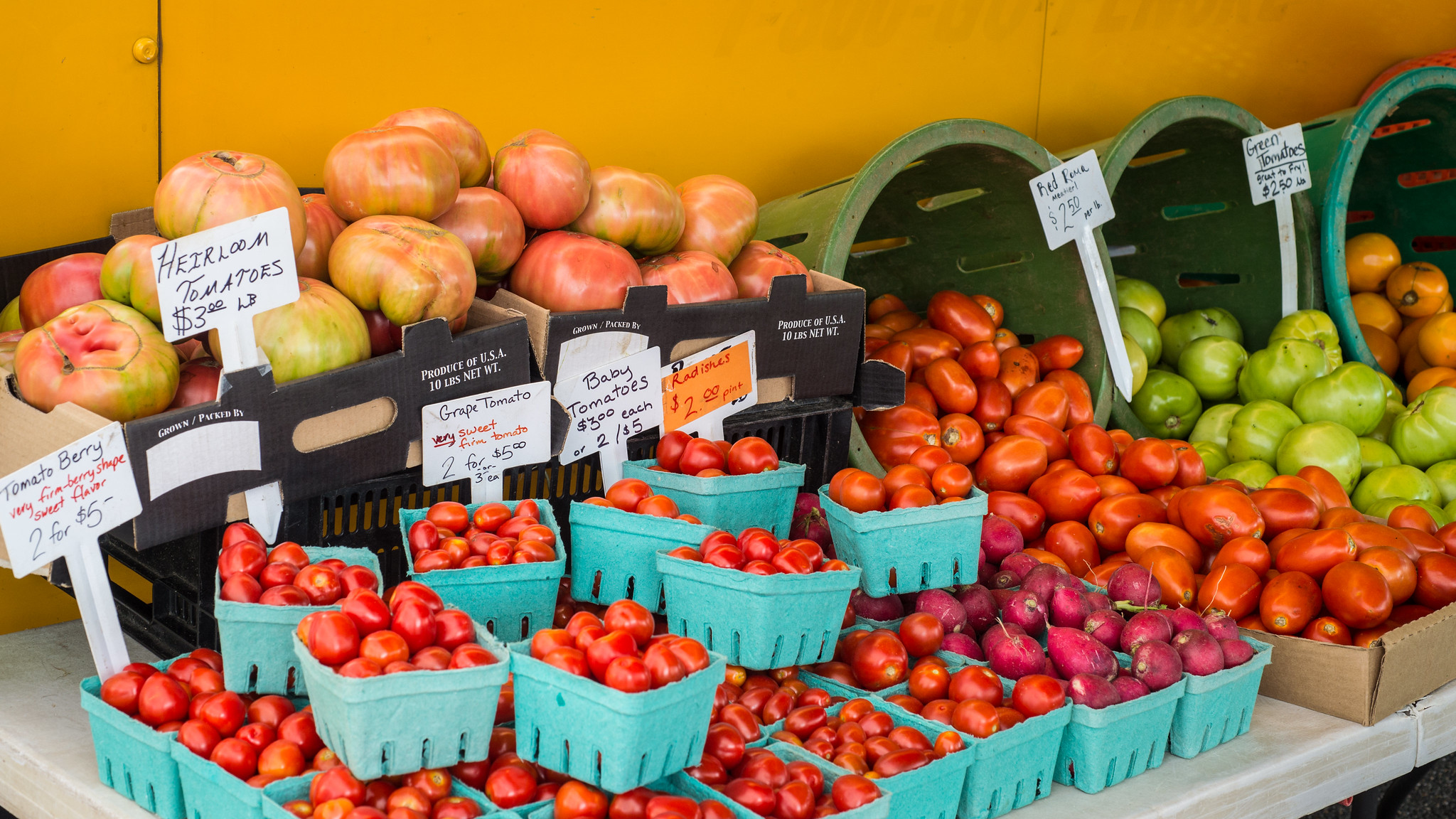Economics
 The effects of climate change are felt throughout the entire agricultural value-chain, from individual farmers, ranchers and foresters to input suppliers, commodity transportation industry, as well as domestic and international markets for food and fiber. Economists have studied the effects of climate change on agriculture and forestry in the U.S. extensively. Economic effects vary widely by region and specific agricultural sectors, such as dairy, beef, row crops, small grains, and specialty crops. Despite the extensive research already done on the economic impacts of weather variability, extreme events, and climate change, it may still be challenging for farmers, ranchers, and foresters to find cost estimates for their specific sector and location. This highlights the importance of communicating and collaborating with your trusted local partners—such as University Extension, USDA Service Centers, and USDA Climate Hubs—who can help track down relevant economic studies.
The effects of climate change are felt throughout the entire agricultural value-chain, from individual farmers, ranchers and foresters to input suppliers, commodity transportation industry, as well as domestic and international markets for food and fiber. Economists have studied the effects of climate change on agriculture and forestry in the U.S. extensively. Economic effects vary widely by region and specific agricultural sectors, such as dairy, beef, row crops, small grains, and specialty crops. Despite the extensive research already done on the economic impacts of weather variability, extreme events, and climate change, it may still be challenging for farmers, ranchers, and foresters to find cost estimates for their specific sector and location. This highlights the importance of communicating and collaborating with your trusted local partners—such as University Extension, USDA Service Centers, and USDA Climate Hubs—who can help track down relevant economic studies.










